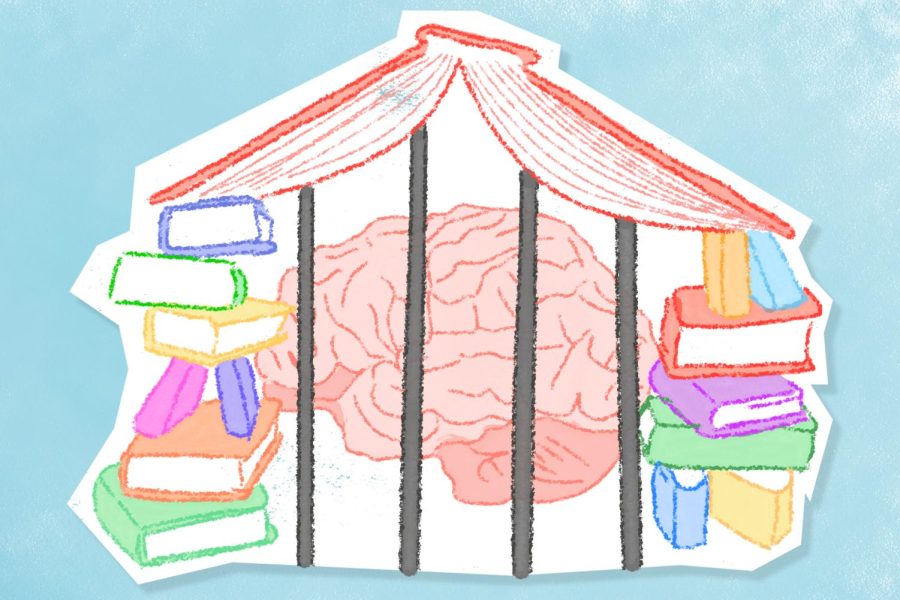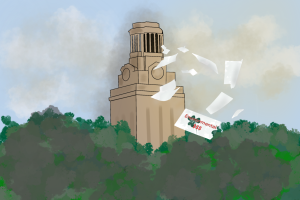Student teachers deserve more support
November 30, 2022
Arrysa Cruz’s day starts at 7 a.m. and doesn’t end until around 4 p.m. The education senior doesn’t graduate until December, but she describes her student teaching placement as a “full-time job” on top of her academic responsibilities.
Cruz is just one of many education majors who are at the end of their student teaching placement — a requirement by the state of Texas to become a certified teacher.
These future teachers must complete 14 weeks of student teaching, prepare for certification exams on their own time and attend mandatory events through the College of Education, along with completing assignments for their University courses.
“It’s really a juggling act trying to balance everything,” Cruz said. “While you’re student teaching, you’re running the show. You should only have to be worried about what’s going on in the classroom.”
Student teachers are burnt out with the pile of expectations they have to meet. The College of Education should support its student teachers by reevaluating its Professional Development Sequence program for students to have a better balance of time commitments.
Education senior Stephanie Lalla said the way PDS is set up doesn’t leave a lot of room for sick or mental health days, and missing a day of placement must be made up. Although other mandatory tasks are scheduled when students aren’t in the classroom, responsibilities add a lot of time outside placement.
“So while it is manageable, it is extremely stressful and it’s very, very fast-paced,” Lalla said. “That makes it really challenging.”
Paying for certification exams can also get pricey, especially after an extra requirement is added by UT. Melissa Wetzel, department chair of Curriculum and Instruction in the College of Education, said extra representative tests are purchased from the state to mimic what students will experience during real certification exams. Passing and paying for the representative test is required to move on in PDS.
“We’re trying to prepare them as best as we can (to take the certification exam once) because they’re expensive,” Wetzel said. “We have really high passing rates that we’re proud of because we provide study sessions for students after they take the test.”
However, Lalla said the mandatory tutorials were difficult to schedule with the rest of her cohort.
“We had a really difficult time trying to schedule 15 people,” Lalla said. “So (The College of Education) was trying to fit it in a way where we wouldn’t lose hours from our placement, but we also would have the study session.”
The College of Education recently partnered with the Austin Independent School District and other local districts to give student teachers a stipend for completing their placement in classrooms, Wetzel said.
Although payment is one way the College of Education can support student teachers, support goes beyond monetary payment and has a lot to do with being considerate of students’ time.
Cruz said she thinks going through a program without proper support could be a reason people turn away from wanting to be a teacher. The College of Education should give a more flexible PDS schedule, such as providing student teachers more sick days and mental health days.
While it’s understandable to expect a lot from student teachers preparing for this demanding role, it’s important to remember they are students first.
“I feel like anybody, if they have the heart, can be a teacher,” Cruz said. “But this program is supposed to get us ready and feel confident. I just don’t feel like it has supported me or my colleagues enough.”
Leon is a journalism sophomore from Houston, Texas.
















